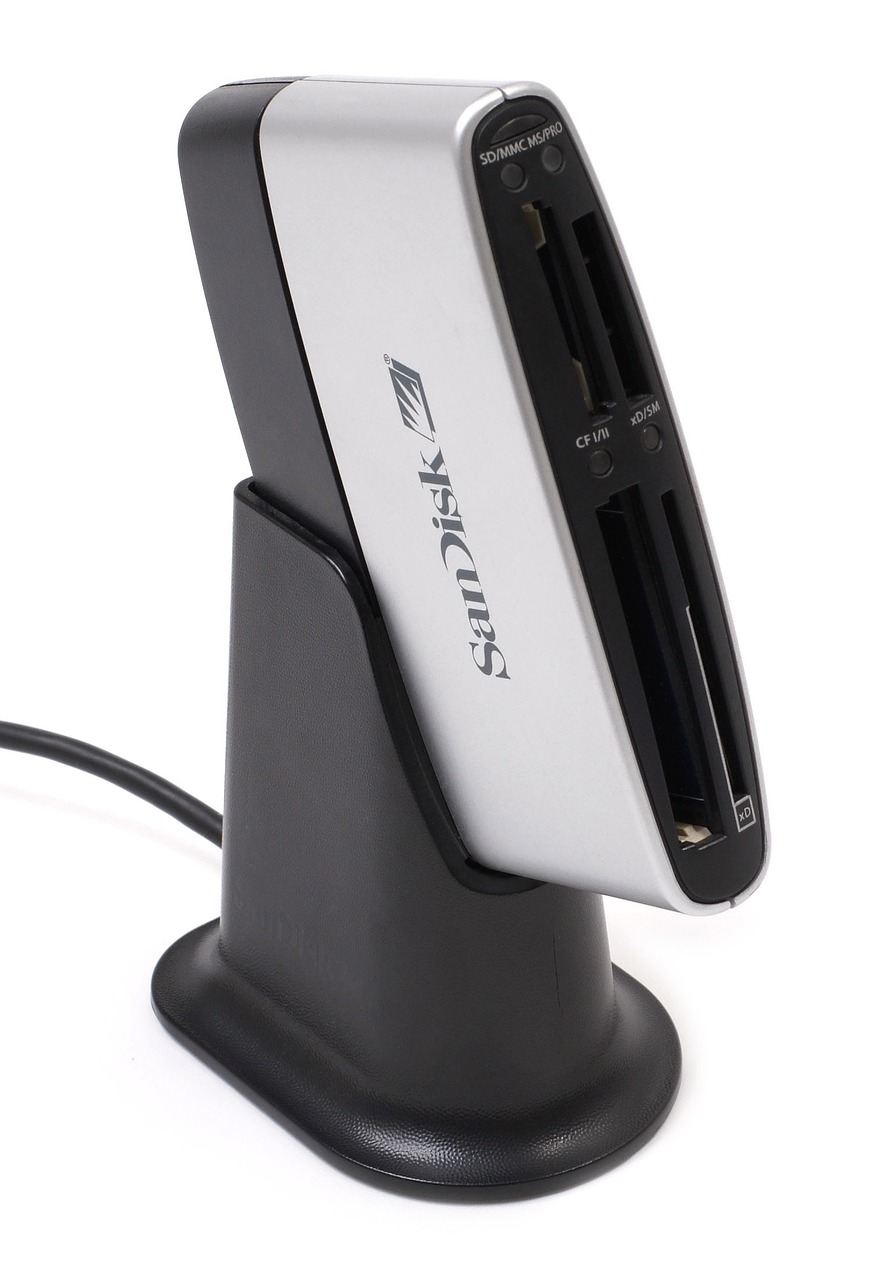PLC-Based Die Casting Machine Mould Controller
PLC-Based Die Casting Machine Mould Controller is a controller designed to control the mould of die casting machines. It utilizes PLC (Programmable Logic Controller) technology to provide a highly efficient and reliable solution for mould control in die casting machines. The controller features a user-friendly interface that allows operators to easily configure and monitor the machine's operations. Additionally, it includes advanced features such as automatic mould recognition, temperature control, and pressure monitoring to ensure accurate and consistent casting results. The PLC-Based Die Casting Machine Mould Controller is an essential component in improving the productivity and quality of die casting processes.
Die casting, a process in which molten material is poured into a mould and allowed to cool and solidify, is widely used in manufacturing industries. The quality of the products produced in this process depends largely on the performance of the mould controller. A good mould controller can help maintain consistent process conditions, ensure product quality, and reduce downtime and maintenance costs. In this article, we will discuss the role of a PLC-based die casting machine mould controller in achieving these goals.
A PLC (Programmable Logic Controller) is a computer-based system that can be programmed to control industrial processes. In the context of die casting, a PLC-based mould controller can be used to monitor and control various aspects of the moulding process, including temperature, pressure, and time. By automating these processes, the PLC can help reduce human error and improve process consistency.

Temperature control is one of the most important functions of a mould controller. Die casting processes often require precise temperature control to ensure that the molten material is at the correct temperature for pouring into the mould. A PLC-based mould controller can help maintain consistent temperatures by automatically adjusting the heat source or cooling medium based on feedback from temperature sensors. This can help reduce the risk of over- or under-heating, which can both affect product quality.
Pressure control is another crucial aspect of die casting. The pressure applied to the molten material in the mould can significantly affect the final product. A PLC-based mould controller can help maintain consistent pressure levels by automatically adjusting the pressure source based on feedback from pressure sensors. This can help ensure that each product receives the correct amount of pressure, reducing variations in product density and porosity.
Time control is also essential in die casting processes. The length of time that the material remains in the mould can affect product quality and production efficiency. A PLC-based mould controller can help ensure that each product remains in the mould for the correct amount of time by automatically adjusting the time based on feedback from time sensors. This can help reduce product defects caused by over- or under-time exposure to heat and pressure.
In addition to these basic functions, a PLC-based die casting machine mould controller can also be equipped with advanced features to enhance process monitoring and control. For example, many controllers have built-in alarms that can sound if certain process parameters fall outside acceptable ranges, helping operators quickly address problems before they affect product quality. Additionally, some controllers can integrate with other systems to provide operators with a comprehensive view of the entire manufacturing process, improving decision-making capabilities.
In conclusion, a PLC-based die casting machine mould controller can help improve product quality and reduce downtime and maintenance costs by automating and enhancing the monitoring and control of key process parameters such as temperature, pressure, and time. By investing in a good mould controller, manufacturers can help ensure that their products are consistently high quality and meet customer expectations.
Articles related to the knowledge points of this article:
ABB PLC Controller: The Heart of Your Automation System
PLC Controllers in Hubei Tunnels: A Critical Review
PLC Controllers in Jilin Province: A Comprehensive Guide
PLC Controller Developers: A Look at the Companies and Products that Shape the Industry